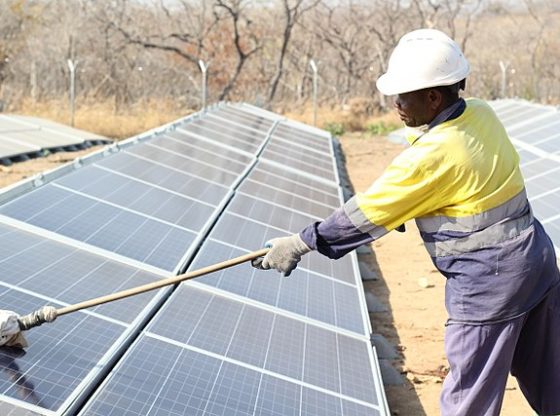We spend a lot of time talking and writing about the green energy subsidies contained in the 2022 Inflation Reduction Act. That’s appropriate given that bill’s content of a raft of incentives and subsidies the CBO estimated would amount to $369 billion over 10 years, a number that some analysts have estimated will be a small fraction of the real final price tag of that bill.
Receiving less attention is the set of similar subsidy programs that were contained in 2021’s Infrastructure Investment and Jobs Act (IIJA), one of which allocated the princely sum of $5 billion to the Departments of Energy (DOE) and Transportation (DOT) to serve as grant money to subsidize the installation of fast-charging EV charging stations around the country. In late February, Nick Pope reported at the Daily Caller that, more than two years after passage of the bill, this government program has resulted in the opening of just two locations – in Ohio and New York – that include only 8 such charging stations.
The slowness of this process should not come as a surprise to anyone, given that this subsidy program incorporates the massive bureaucracies at two federal departments. It is the nature of government agencies to find ways of slowing whatever process over which they have purview, not to speed them up. That’s not a slam on the people who staff those agencies, but a simple recognition of the realities they face in attempting to conform their actions to the complexities of the laws they are required to enforce, of which the IIJA is merely one.
This tension between the nature and complexity of western law and the need for speed the Biden White House hopes to achieve with the setting of hyper-aggressive goals and timelines related to the adoption and enforcement of its Green New Deal policies always has been and remains the central conundrum of the energy transition in the United States. The pace of the multi-faceted, $300 trillion transition is already drastically behind schedule, both in the US and across the rest of the world. There is little prospect for that pace to catch up to the desired timelines anytime in the future.
This reality is not unique to the world of electric vehicles and their associated infrastructure needs, which are massive and hugely expensive. There is also the need for dramatically expanding the electric grid, which provides power to every aspect of not only the transition but to society as a whole. The needs there were already unimaginably huge even before the rise of AI, a power hog of unprecedented proportions.
While the IRA and IIJA included incentives and subsidies that address a subset of the thousands of moving parts of an integrated energy transition, many major elements – such as the gigantic transmission expansion needed for the power grid – were left out entirely.
When the IRA was passed, I warned that the Biden White House viewed it as not a stand-alone subsidy bill, but merely as a down payment for what it viewed as a series of even larger subsidy efforts to come. If one accepts that the climate is really in an emergency condition – as the climate alarm lobby’s propaganda claims – then the passage of a perhaps unending series of debt-funded subsidy bills becomes a moral imperative, after all.
One of the big dangers there is that the momentum behind this fear-driven need for speed begins to be used as justification for the limitation or even abrogation of guaranteed rights of all stakeholders. We see this already starting to happen in states like California and Massachusetts, where Democrat Governors Gavin Newsom and Maura Healey are pushing efforts to overrule the rights of local governments to deny permits for new wind projects and other “green” energy priorities.
The slowness of federal bureaucracies only serves to heighten this sense of alarm, the worst possible motivation to justify the allocation of trillions of debt-funded dollars. It is the worst of all possible worlds, one in which policies motivated by politics promote investment decisions free markets would never create on their own and result in outcomes that do not begin to solve the problem allegedly at hand. It is, in a word, a mess.
David Blackmon on March 16, 2024












